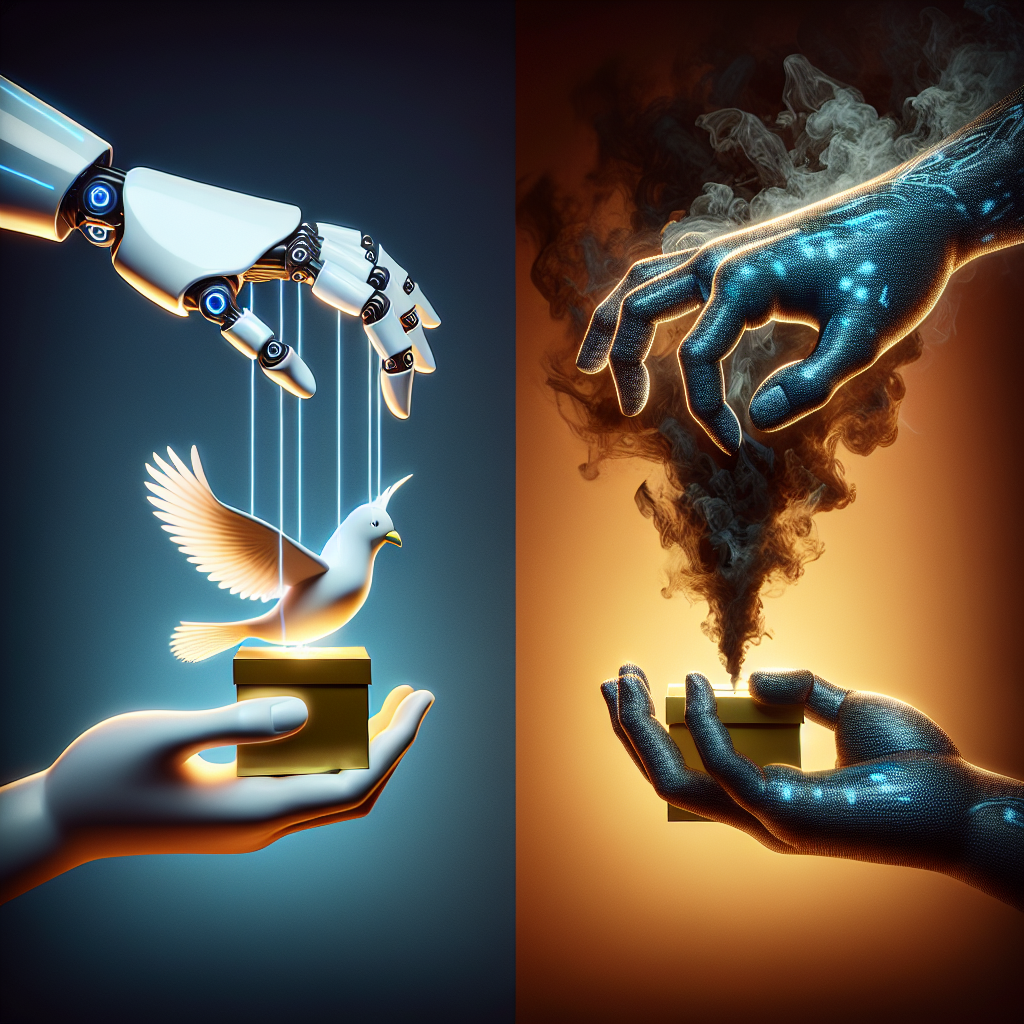AI Impact on Democracy Explored
In 2016, an algorithm helped tilt the course of history. Cambridge Analytica claimed to have influenced election outcomes using personal data harvested from millions of Facebook users, weaponizing artificial intelligence for political gain. That moment marked a watershed in the AI impact on democracy—not as a speculative concern, but as a lived reality. Today, AI shapes what citizens see, believe, and sometimes vote for. But is AI ultimately a savior of democratic integrity or its saboteur?
AI as a Democratic Ally
Proponents argue AI promotes democratic engagement in several key ways:
- Voter outreach and engagement: AI-powered tools help political campaigns deliver personalized messages to potential voters, boosting participation and accessibility.
- Fighting misinformation: Advanced machine learning models can flag and remove deepfakes and false narratives before they go viral, safeguarding the public discourse.
- Policy development: AI can analyze massive datasets to identify trends, helping policymakers respond more effectively to citizen concerns.
- Citizen services: Chatbots and virtual assistants make government more accessible by offering public services in multiple languages and formats.
These applications suggest that when used ethically, artificial intelligence can help build a more transparent and responsive governance framework.
The Darker Side: Manipulation and Bias
However, AI also introduces new risks that could weaken democratic institutions:
- Algorithmic bias: AI systems trained on biased data can reinforce systemic inequalities, especially when deployed in policing or judicial decisions.
- Political microtargeting: By analyzing online behavior, AI can craft hyper-personalized ads that play to voter fears—arguably undermining informed democratic choice.
- Surveillance concerns: In authoritarian regimes, AI-powered facial recognition and surveillance tools have been used to stifle dissent and monitor citizens.
- Undermining trust: When misinformation spreads faster than facts and political bots imitate real users, public trust in institutions erodes.
These trends risk creating what some call a “post-truth” era, where public opinion can be shaped less by facts and more by AI-constructed realities.
Global Regulation and Ethical Frameworks
Recognizing the double-edged nature of AI, governments and organizations worldwide are pushing for ethical AI frameworks. The European Union, for example, has proposed strict AI regulations designed to protect fundamental rights and democratic values.
Several advocacy groups also work to ensure AI aligns with democratic principles. Organizations like the Partnership on AI bring together academics, civil society, and tech companies to formulate responsible guidelines and foster transparency in AI deployment.
Conclusion: Shaper or Shatterer?
The AI impact on democracy is as profound as it is paradoxical. AI has the capacity to enrich democratic participation, streamline governance, and bridge communication gaps. Yet, without transparent oversight and ethical guardrails, it poses equally significant threats—amplifying inequalities, distorting truth, and consolidating power in the hands of the few.
In shaping our digital future, society must decide what role it wants AI to play: co-pilot of progress or instrument of control. The direction we collectively choose will determine whether democracy is strengthened—or sabotaged—by the machine intelligence we’ve created.

